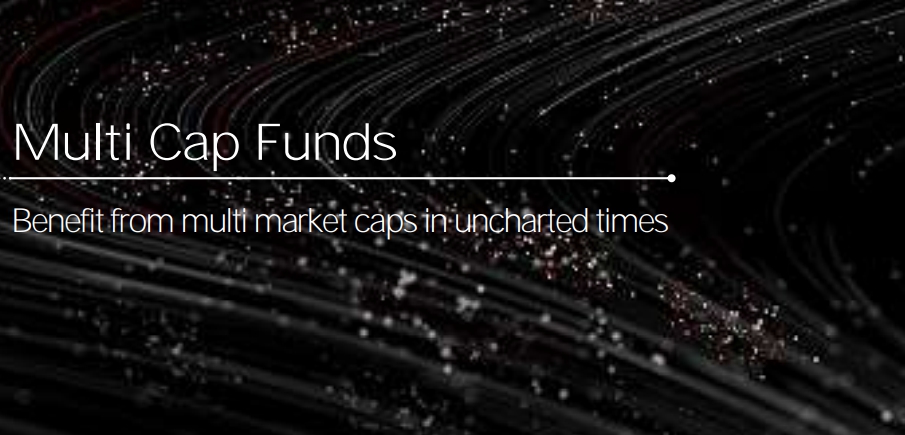Axis Mutual Fund has announced the launch of a new scheme, Axis Business Cycle Fund, with a NFO opening on Feb. 2nd, 2023 and closing on February 16th, 2023.
| NFO | Axis Business Cycle Fund |
|---|---|
| NFO Open Date | 2 Feb 2023 |
| NFO Close Date | 16 Feb 2023 |
| NFO Reopen Date | Within five Business Days from the date of allotment |
| Benchmark | Nifty 500 TRI |
| Fund Manager | Ashish Naik Hitesh Das (Foreign securities) |
| Exit Load | If redeemed / switched-out within 12 months from the date of allotment -For 10% of investment: Nil -For remaining investment: 1% |
| Minimum Investment | 5,000 |
Investment Strategy
The Scheme aims to achieve capital appreciation by investing primarily in equities and equity-related assets, with a focus on riding business cycles through dynamic allocation across different sectors and stocks at various periods of the economy’s business cycle.
The Scheme would use a business cycle approach to investing, identifying economic patterns and investing in sectors and businesses that are likely to outperform at any given stage of the business cycle.
To identify the state of the business cycle, the fund manager will consider:
- various macroeconomic parameters – GDP growth, exports, interest rates, inflation
- high frequency indicators – private consumption indicators, PMI
- business and consumer sentiment indicators – corporate earnings, business confidence index, forward looking estimates

By identifying such economic patterns, the fund manager will aim to allocate to companies using a bottom-up approach while representing important sectors where he/she believes should best profit in the current business cycle.
The Fund Manager may invest up to 20% of the scheme assets outside of the primary business cycle theme at his discretion, depending on his qualitative and quantitative assessment of the investment opportunity.
The AMC implements a “”Fair value”” research process to assess the prospective appreciation of each stock in its universe (Fair value is a measure of the intrinsic worth of a company).
The scheme will try to control the risks involved with investing in equity markets by applying a holistic risk management strategy.
Investing process to manage these risks:
- Quality Risk – Risk of investing in unsustainable / weak companies.
- Price Risk – Risk of overpaying for a company
- Liquidity Risk – High Impact cost of entry and exit
- Concentration risk – Invest across the market capitalization spectrum and industries/ sectors
- Volatility Risk – Volatility in price due to company or portfolio specific factors
- Event Risk – Price risk due to a company / sector specific or market event


